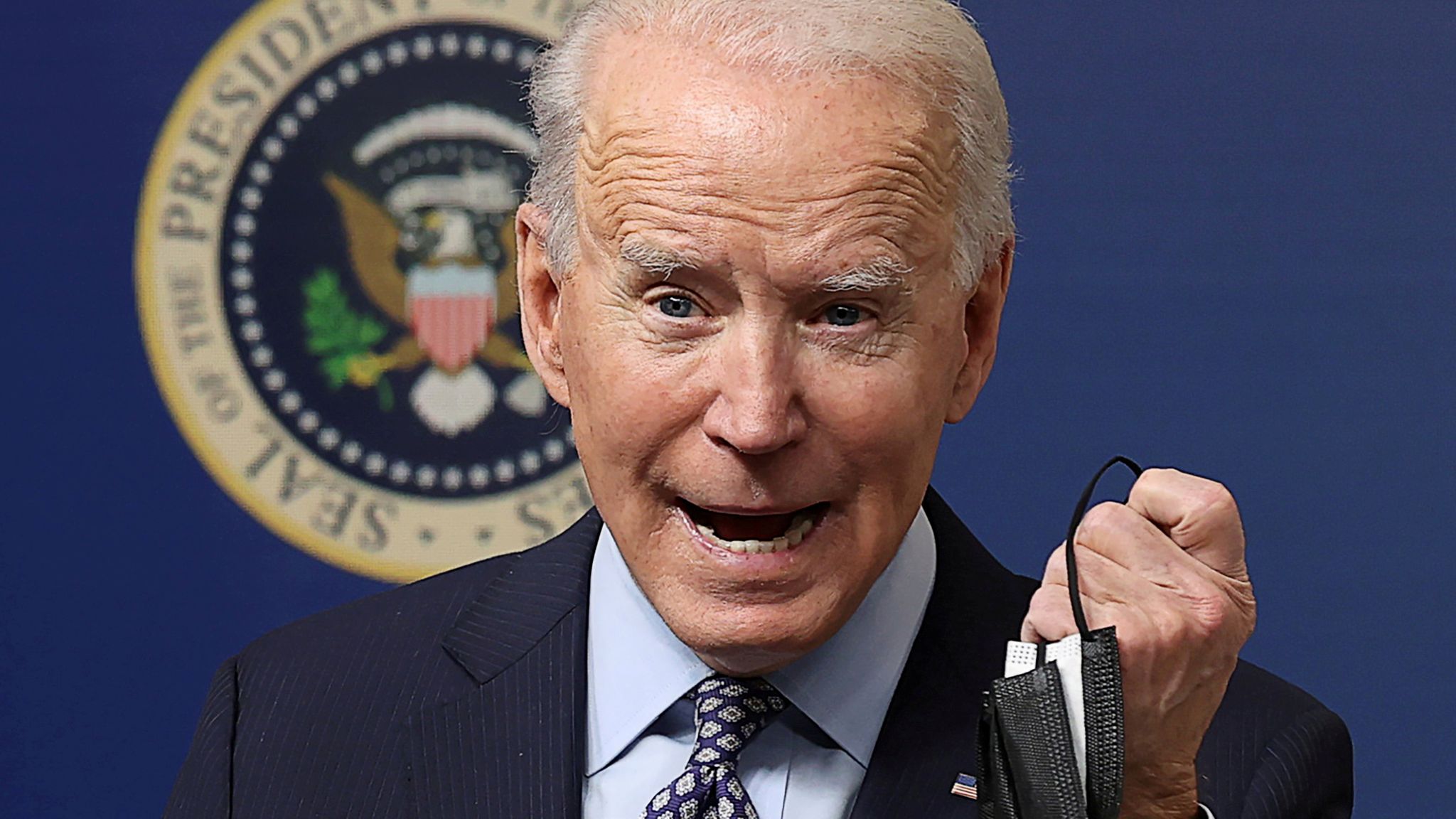Trump Repeals Biden’s AI Framework, Sparks Debate on Innovation vs. Regulation
21.01.2025 21:00 1 min. read Alexander Zdravkov
Donald Trump, on his first day back in office, repealed several Biden-era executive orders, including a 2023 framework aimed at regulating artificial intelligence (AI).
Biden’s order had established safety standards for AI developers, requiring transparency in safety testing, protecting privacy, and addressing potential biases in AI systems. Trump criticized the framework as overly restrictive, arguing that it hindered technological progress and economic growth. Instead, his administration is embracing a free-market approach, prioritizing innovation over regulation.
Tech leaders such as Mark Zuckerberg, Jeff Bezos, and Sundar Pichai, who were present at Trump’s inauguration, have shown support for the shift, reflecting the tech industry’s interest in fewer regulatory constraints.
Companies like Microsoft have already been expanding globally, with significant investments such as new AI hubs in Abu Dhabi. This alignment suggests a broader push to position the U.S. as a leader in AI innovation by reducing barriers for developers.
However, the repeal has drawn criticism from advocates who warn that removing safeguards could expose the public to risks associated with unregulated AI. Alondra Nelson from the Center for American Progress argued that the lack of accountability could stifle trust and limit the potential benefits of AI. Additionally, the removal of provisions supporting skilled AI worker immigration has raised concerns about America’s ability to attract and retain top talent in the field.
-
1
Russia’s Oil Revenues Strained as Exports Decline Again
24.06.2025 18:00 2 min. read -
2
Recession Fears Linger as Economic Signal Flashes Long-Term Warning
25.06.2025 9:00 2 min. read -
3
Robert Kiyosaki Predicts When The Price of Silver Will Explode
28.06.2025 16:30 2 min. read -
4
Gold Beats U.S. Stock Market Over 25 Years, Even With Dividends Included
13.07.2025 15:00 1 min. read -
5
Trump Targets Powell as Fed Holds Rates: Who Could Replace Him?
27.06.2025 9:00 2 min. read
Gold Beats U.S. Stock Market Over 25 Years, Even With Dividends Included
In a surprising long-term performance shift, gold has officially outpaced the U.S. stock market over the past 25 years—dividends included.
U.S. Announces Sweeping New Tariffs on 30+ Countries
The United States has rolled out a broad set of new import tariffs this week, targeting over 30 countries and economic blocs in a sharp escalation of its trade protection measures, according to list from WatcherGuru.
Key U.S. Economic Events to Watch Next Week
After a week of record-setting gains in U.S. markets, investors are shifting focus to a quieter yet crucial stretch of macroeconomic developments.
Robert Kiyosaki Predicts When The Price of Silver Will Explode
Robert Kiyosaki, author of Rich Dad Poor Dad, has issued a bold prediction on silver, calling it the “best asymmetric buy” currently available.
-
1
Russia’s Oil Revenues Strained as Exports Decline Again
24.06.2025 18:00 2 min. read -
2
Recession Fears Linger as Economic Signal Flashes Long-Term Warning
25.06.2025 9:00 2 min. read -
3
Robert Kiyosaki Predicts When The Price of Silver Will Explode
28.06.2025 16:30 2 min. read -
4
Gold Beats U.S. Stock Market Over 25 Years, Even With Dividends Included
13.07.2025 15:00 1 min. read -
5
Trump Targets Powell as Fed Holds Rates: Who Could Replace Him?
27.06.2025 9:00 2 min. read


